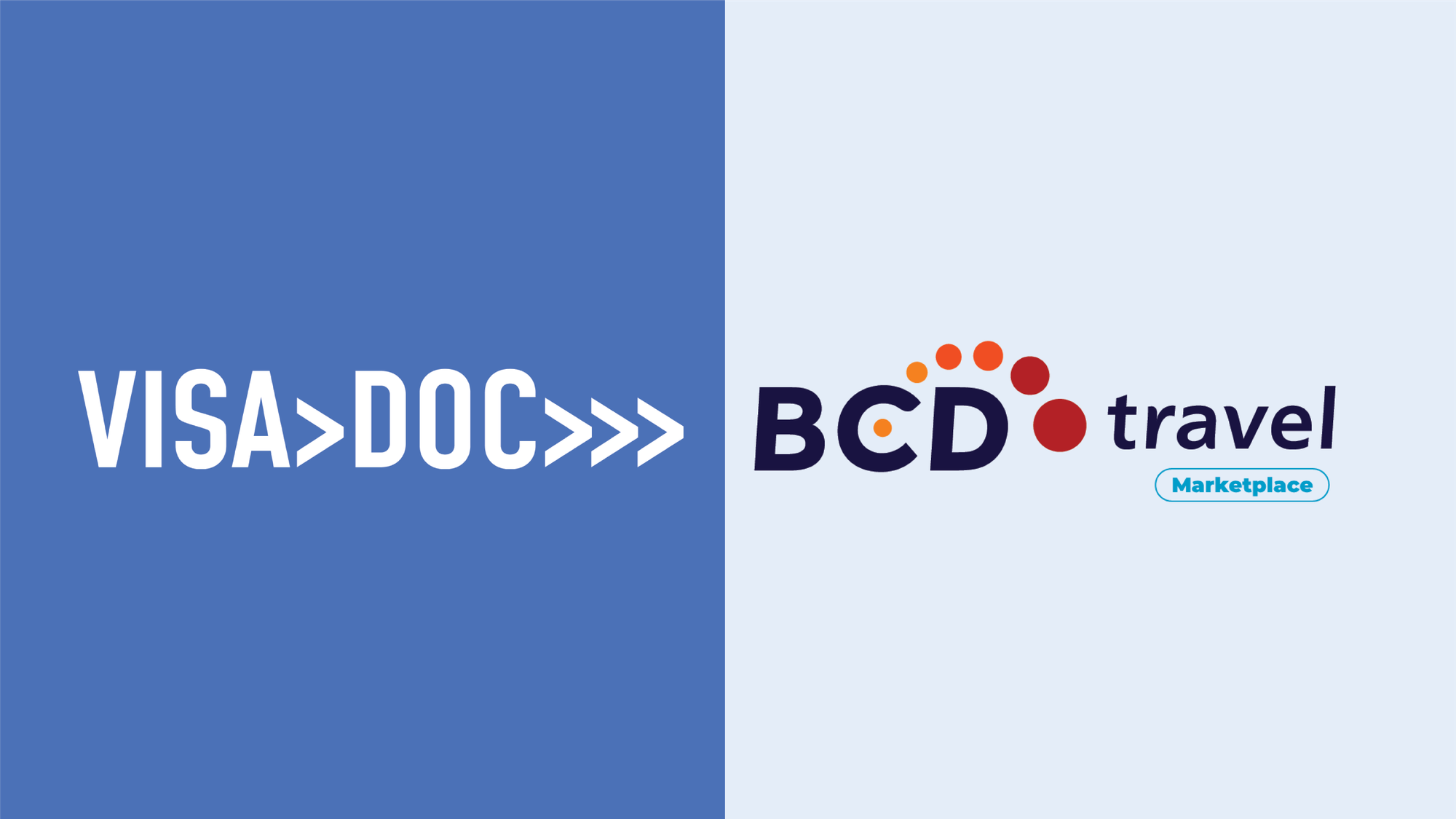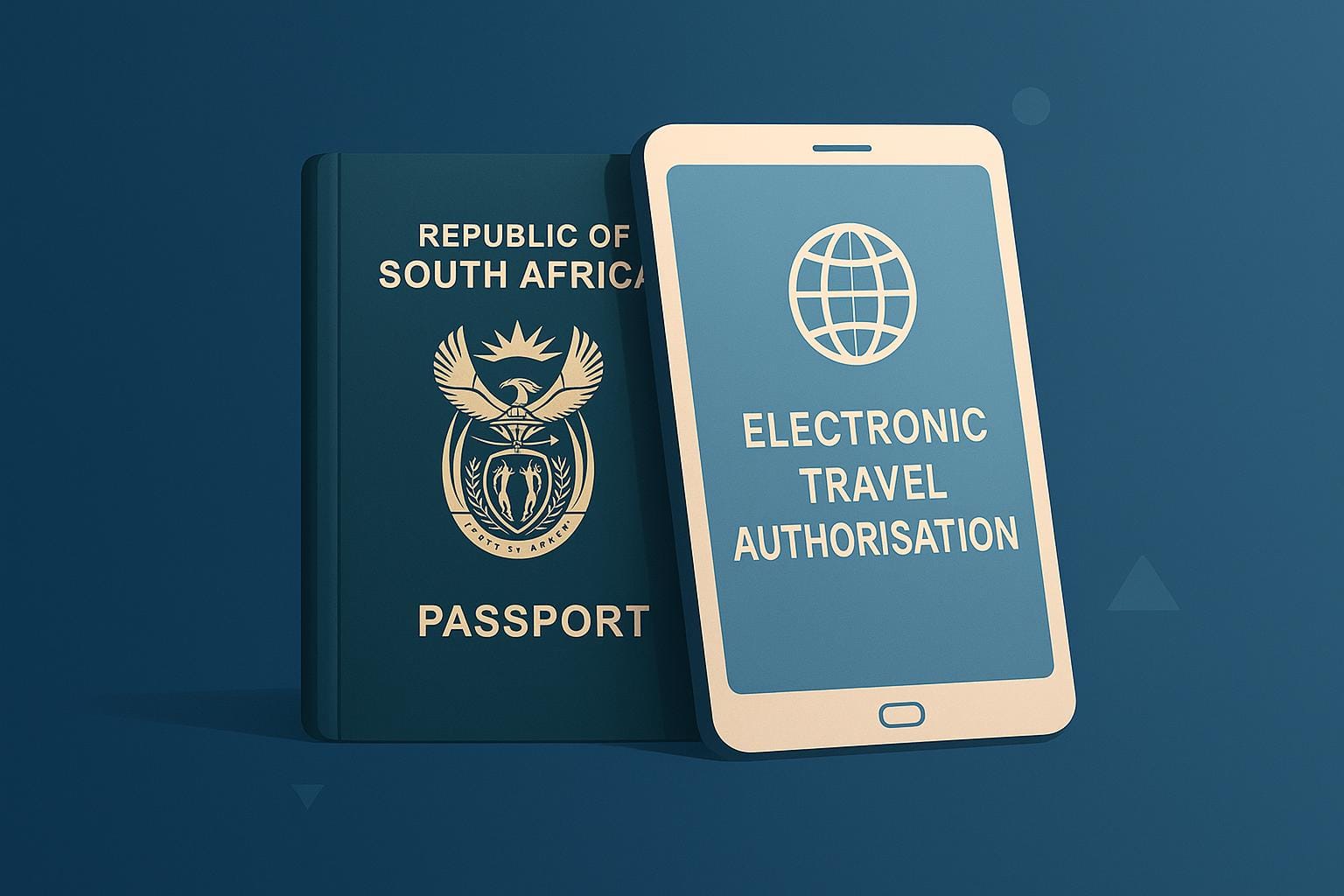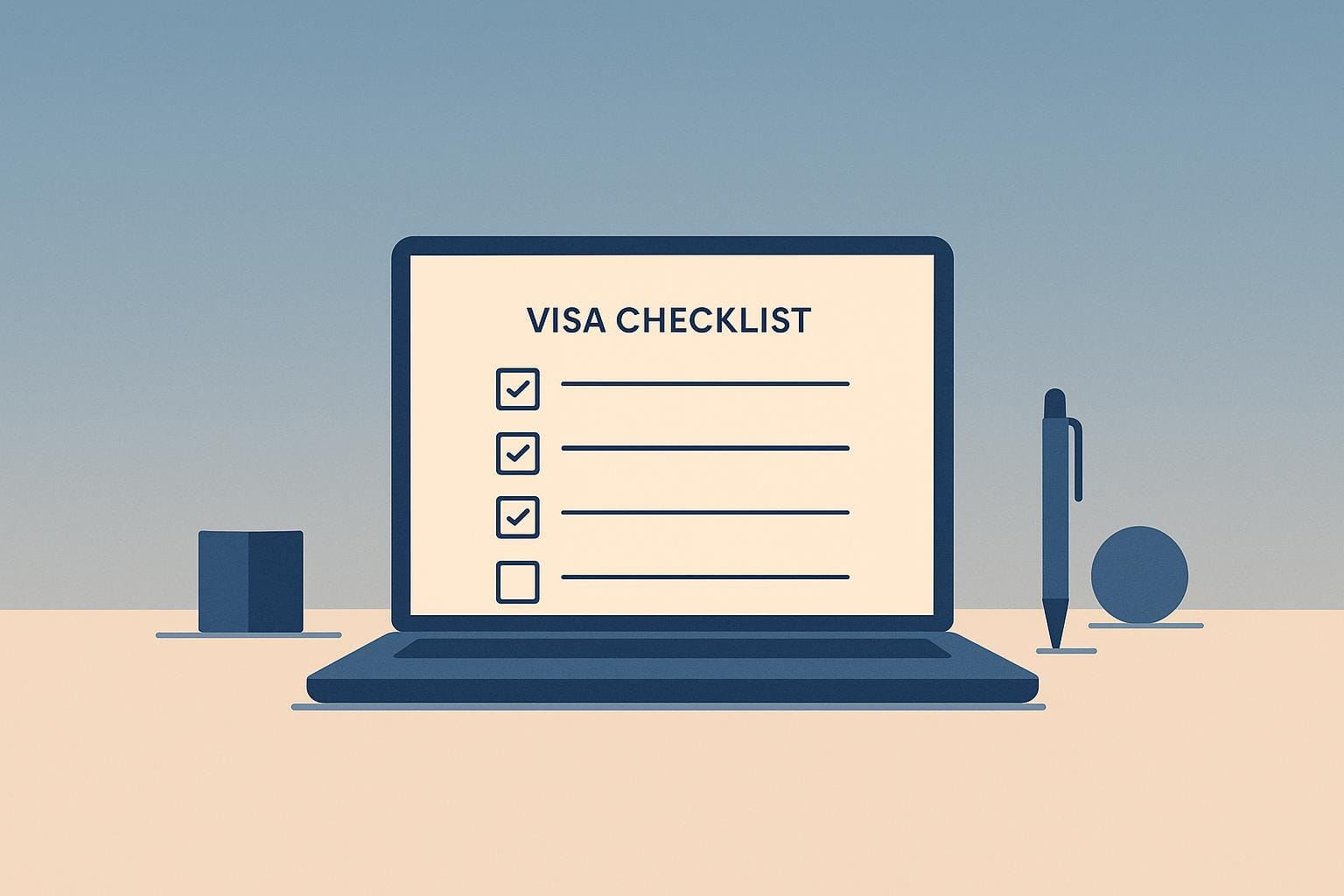- India Business Visa: Allows multiple entries for up to 180 days. Costs start at £310. Required documents include a passport (valid for 6+ months), employer and invitation letters, and a completed application form. Apply 3–7 working days in advance.
- Legal Requirements: Register with the FRRO/FRO if staying beyond 180 days. Comply with tax rules, including income tax (0%–30%) and mandatory contributions like Provident Fund (12%).
- Business Etiquette:
- Greet seniors first; women may initiate handshakes.
- Use "namaste" if unsure.
- Decision-making is hierarchical; indirect communication is common.
- Cultural Tips: Build trust through relationships. Start meetings with light conversation and avoid sensitive topics.
Want help with visas? Platforms like VisaDoc streamline the process with real-time updates, automated checks, and HR tools.
Quick Tip: Always prepare documents in English, ensure your passport has 2 blank pages, and plan ahead to avoid delays.
Business Visa and Permit Basics for India
If you're a UK professional planning to work in India, understanding the country's business visa process is essential. India offers a Business Visa that permits multiple entries and allows stays of up to 180 days.
Business Visa Overview
The Indian Business Visa is designed for UK professionals involved in activities such as:
- Setting up industrial or business ventures
- Participating in long-term business operations
- Investing in Indian markets
- Contract-based roles for sports professionals and coaches
Required Documents and Qualifications
To apply for the visa, UK citizens need to provide the following:
- A passport valid for at least six months from the arrival date, with two blank pages
- A recent passport-sized photograph
- A signed application form for the Indian embassy
- An employer letter on company letterhead explaining the purpose and duration of the visit, including a company stamp and signature
- An invitation letter from the Indian company, stating the purpose and length of the visit, on official letterhead with a stamp and signature
All documents must be in English and include the necessary authorisation stamps and signatures.
How to Apply
The application process typically takes 3–7 working days, so it's important to apply well in advance. Here are some key points:
- Applications must be submitted from your country of origin or habitual residence, where you must have lived for at least two years.
- Visa extensions are not allowed beyond the original validity period.
- Business Dependent Visas are available for family members and are valid for the same duration as the primary visa.
The standard processing fee starts at £310, with additional costs for expedited services. Once your visa is sorted, you’ll be ready to focus on building a successful business presence in India.
Business Practices in India
Once your visa is sorted, understanding India's business customs becomes a priority. Professionals from the UK should familiarise themselves with India's relationship-focused approach and distinctive communication style.
Business Meeting Guidelines
Meetings in India follow specific customs that reflect cultural values. While punctuality is appreciated, delays are common. It's best to dress conservatively until you're familiar with local expectations.
When greeting colleagues:
- Address the most senior person first, using their title.
- Let women initiate handshakes.
- Consider using the traditional "namaste" gesture.
- Exchange business cards with your right hand, ensuring the card is face-up.
"Whatever you can rightly say about India, the opposite is also true." - Joan Robinson
This quote highlights the complexity of Indian business culture, where flexibility and awareness of nuances are crucial.
Business Communication Rules
Communication styles in Indian business settings differ significantly from those in the UK:
| Aspect | Indian Practice | Note |
|---|---|---|
| Decision Making | Hierarchical | Senior management makes final decisions. |
| Saying "No" | Indirect approach | Subtle cues are used instead of a direct 'no'. |
| Meeting Style | Interactive | Interruptions are part of discussions. |
| Follow-up | Personal touch | Phone calls are preferred over emails. |
Indian professionals often use indirect responses to avoid offending others. When presenting your ideas, ensure your arguments are backed by solid data, but keep your tone tactful and diplomatic.
Relationship Building Tips
Start meetings with light conversation, show genuine interest in Indian culture, and approach negotiations with patience. Avoid bringing up sensitive topics during discussions.
The UK India Business Council advises: "Be aware of the cultural diversity; be cautious about generalisations and take the time to develop relationships."
For long-term success, remember that decisions in India are often influenced by trust and intuition, alongside facts and figures. Schedule meetings well in advance but remain open to last-minute changes.
These practices not only help build strong partnerships but also ensure you're prepared for the local regulations covered in the next section.
Legal Requirements for Business Travel
If you're a UK business traveller heading to India, understanding and following the country's legal framework is crucial. Once your visa is approved, you’ll need to ensure compliance with specific visa rules and tax regulations to avoid any interruptions to your business activities.
Visa Rules and Restrictions
India's business visas are tailored for those setting up industrial or business ventures or engaging in long-term business activities. You must apply from your habitual residence if you've lived there for over two years (excluding India). Key points to keep in mind include:
- Keeping accurate records of your business activities.
- Avoiding any form of employment unless explicitly allowed.
- Ensuring dependents' visas match the validity period of your own.
- Reporting any changes in your business status to the relevant authorities.
Tax and Work Regulations
Navigating India's tax system is essential for foreign professionals. Employers are responsible for deducting and submitting several mandatory contributions. Here's a breakdown of the standard payroll deductions:
| Contribution Type | Employer Rate | Employee Rate |
|---|---|---|
| ESI Insurance | 4.75% | 1.75% |
| Provident Fund | 12% | 12% |
| Pension Scheme | 8.33% (from EPF) | – |
| Health & Education Cess | – | 4% of income tax |
Income tax in India follows a tiered system, starting at 0% for income up to ₹300,000 and going up to 30% for income over ₹1,500,001. Employers must also obtain a Tax Deduction and Collection Account Number (TAN) to manage taxes correctly. Proper tax compliance is critical for UK businesses operating in India.
Registration for Long-term Stays
If you plan to stay in India for more than 180 days, you’ll need to register with the Foreigners Regional Registration Officer (FRRO) or the Foreigners Registration Officer (FRO). This registration must be completed within 14 days of your arrival, and any changes to your residence or visa conditions should be reported immediately.
Required documents usually include:
- A valid passport with the appropriate visa.
- Proof of your residence in India.
Keep in mind that professional tax obligations vary by state, so it's important to check the rules specific to your business location. Additionally, ensure compliance with the federally recommended minimum wage of ₹178 per day.
Managing Visas with VisaDoc

VisaDoc simplifies the visa management process for UK businesses operating in India, building on the foundational visa knowledge and practices already discussed.
Visa Information System
VisaDoc offers a centralised platform that keeps businesses updated with real-time visa information and compliance requirements. It ensures UK companies remain aligned with India's immigration rules as they evolve.
Key features include:
- Real-time updates on changes to visa requirements
- Step-by-step guides for various business visa categories
- Customised document checklists for specific visa types
- Automated document validation to minimise errors
The platform also includes tools specifically designed for HR and legal teams, making visa management more efficient.
HR and Legal Team Tools
VisaDoc provides tools that cut down on manual tasks and improve the accuracy of visa applications for business travel to India.
| Feature | How It Helps |
|---|---|
| Document Verification | AI-powered checks ensure documents meet Indian visa standards |
| Application Tracking | Offers live updates and notifications for key milestones |
| Integration Capability | Connects effortlessly with HR and travel booking systems |
| Automated Alerts | Sends reminders for visa expirations, renewals, and regulatory updates |
Benefits for Businesses
By using these tools, companies can significantly reduce administrative workload while staying compliant with visa regulations. The platform’s all-in-one approach helps businesses manage travel requirements with ease.
Key benefits include:
- Time-saving document management
- Simplified application processes
- Automatic compliance checks
- Easy integration with existing HR systems
- Regularly updated, expert-reviewed content
Conclusion
Travelling to India for business requires careful planning, particularly when it comes to visas and understanding local customs. The Indian Business Visa allows multiple entries and stays of up to 180 days, making it essential for corporate travellers.
Preparation is key: check that your passport is valid for at least six months beyond your arrival date and has two blank pages. Gather all necessary professional documents, such as company letters written in English on official letterhead with stamps. Begin your application as soon as your travel dates are confirmed to avoid unnecessary delays.
Beyond visa requirements, being aware of local business etiquette is crucial for success. VisaDoc simplifies the visa process with features like automated tracking, real-time updates, and integrated HR tools, helping you stay on top of your documentation.
With the right preparation and tools, you can navigate the challenges and thrive in India's fast-paced business landscape.













